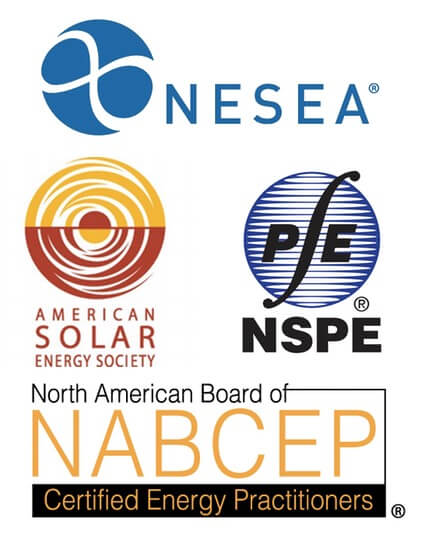
I was scheduled to make the subject presentation at two technical forums this spring, but both were canceled due to the pandemic. I hope to be invited back to present for the 2021 Source Evaluation Society and American Association of Laboratory Accreditation annual gatherings so that we can dive back into this material in detail. Here’s a summary of what you missed!
I have a signed copy of quality guru Deming's ‘Quality, Productivity, and Competitive Position’, published by MIT in 1982 (almost 400 pages). It was given to me by my uncle, a pioneer himself (in computing), who knew Deming. Deming was an electrical engineer, statistician, and consultant who was hard on management and sided with the worker in the book’s opening statements:
"Everyone doing his best is not the answer. It is necessary that people know what to do. That responsibility rests with management”
His teachings were popular in the 1980’s and 1990’s as US manufacturing attempted to win back market share from offshore competition, though his methods have remained a touchstone for management teaching into the digital decades.
Here’s an example: Ford Motor Company was one of the first American corporations to seek help from Deming. In the early 1980’s Ford's sales were falling and they’d incurred $3 billion in losses over just a couple of years. Ford's newly appointed Quality Director recruited Deming to help. Deming questioned the company's culture and the way its managers operated. To Ford's surprise, Deming talked not about quality, but about management.
By 1986, Ford came out with a profitable line of cars, the Taurus-Sable line. For the first time since the 1920s, Ford’s earnings had exceeded those of archival GM. Up to today, Ford continues to be a leader in its sector confirming that its success was not a fluke.
Deming had his 14 Points for Management that were the basis of his concept. The points began with “Create constancy of purpose,” “Adopt the new philosophy,” and (ironically) “End dependence on quality inspections.” The list ended with a similar transformative spirit as was started, “Install a strong program of education and self-improvement” and “Get everyone in achieving the transformation.” As a consultant performing ISO/IEC-related assessments for life science labs (enviro, tobacco, oil & gas) and Air Emissions Testing Bodies (source testing firms), I’ve seen both tangible and intangible benefits and challenges of implementing a robust quality system.
Herein, I’ve picked out 2 points of management to drill into:
End dependence on quality inspections
It seems odd that a system that is often recognized for its quality component would espouse ending inspections. Here’s how Dr. Deming saw it; eliminate the need for inspections by building quality into the system that creates the product/service.
Inspections come too late in the process and could be costly. And how about workers’ morale? Imagine the programmer or tradesman whose work is rejected after completion. Instead, use intermittent technical walkthroughs and reviews during all parts of the process. Regulate processes, not results.
Eliminate slogans, cheerleading, and targets
In the beginning of my career in manufacturing engineering, I’d often see posters to the effect of, “Zero Defects.” A modern-day example might be “Safety is Job #1” or “Safety Depends on You”. The former I’ve always found confounding, if we were in a widget factory, isn’t making widgets job one? Sure safety is woven in there…but I digress.
The root causes of the problems that these mottos are supposed to address are management and the process, according to Deming. However, the phrasing addresses the worker. Therefore making for an adversarial relationship between the typical employee and upper management. It’s not the workers’ assignment to improve the system for management; it’s the other way around!
Each of the other 12 management points also have great learning opportunities built into them, and I hope we have an occasion to focus on them more in one of the aforementioned tech forums next spring.





